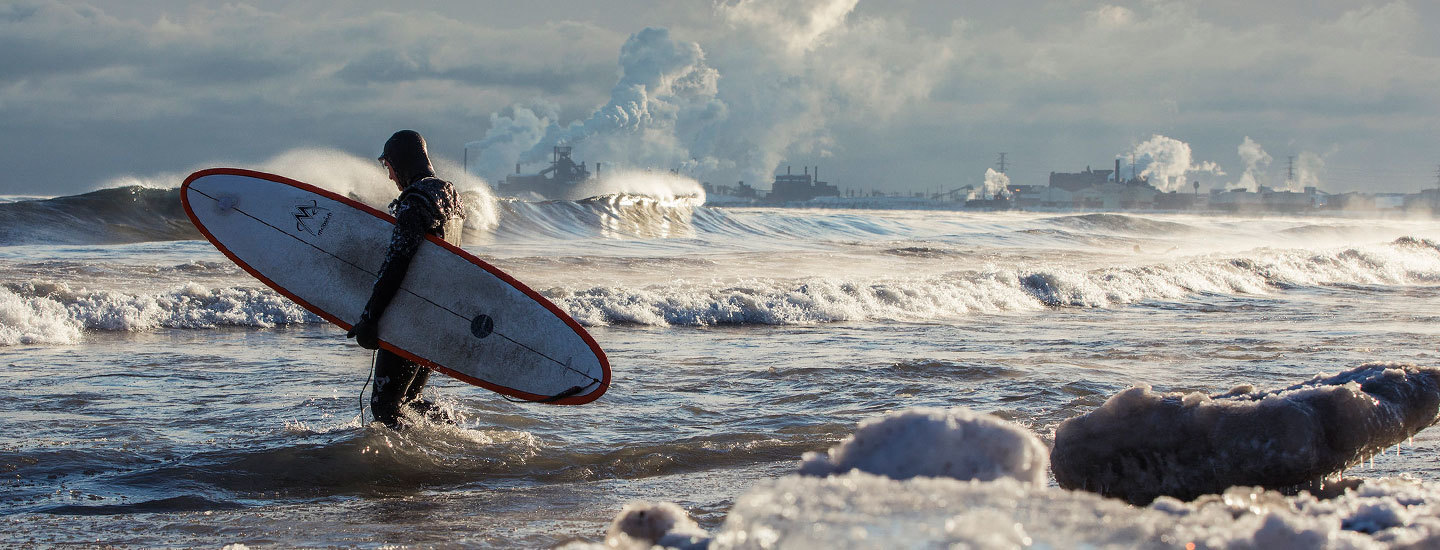
In 1972, federal legislators passed the Clean Water Act, the country’s preeminent law protecting the nation’s waters, in order to restore and maintain their chemical, physical, and biological integrity, with the explicit goal of eliminating the discharge of pollutants into navigable waters. (33 U.S. Code § 1251(a)).
In furtherance of that goal, the Act charges the U.S. Environmental Protection Agency (EPA) with promulgating and regularly revising “effluent limitations” and “effluent limitation guidelines” (ELGs) which are national industry-specific wastewater regulations based on the performance of demonstrated wastewater treatment technologies. These technology-based standards essentially require that industrial dischargers like petroleum refineries, pesticide manufacturers, and plastics facilities utilize the best available technology to minimize their pollutant discharges. Thus far, the EPA has promulgated ELGs for 59 industrial categories, including petroleum refineries, plastics facilities, and pesticides plants, which apply to between 35,000 and 45,000 direct dischargers, as well as another 129,000 facilities that discharge to Publicly Owned Treatment Works.
However, in contravention of the Clean Water Act, the EPA’s ELGs are woefully out of date - of the 59 industrial categories, EPA last revised 39 of these categories more than 30 years ago, and 17 of them haven’t been revised since the 1970s. This means that for those categories, wastewater treatment technology is stuck in the era of landline telephones, video cassette recorders (VCRs), and pixelated video games. Surfers may also appreciate that as late as 1970, well-known wetsuit manufacturers were still marketing sleeveless, long legged “long john” wetsuits as their cold water go-to. This illustrates how far technology across many sectors has come in the last 30 to 40 years. In January of this year, in the EPA’s Effluent Guidelines Program Plan 15, the EPA declined to revise ELGs for industries like petroleum refining, inorganic chemicals, and plastics molding and forming.
“Technology has changed so much in the last thirty years – not just iphones and GPS, but far more effective pollutant controls,” says Meg Parish, Senior Water Quality Attorney at the Environmental Integrity Project, representing Surfrider in this lawsuit. “We also now understand how much pollution is in stormwater. By refusing to revise technology-based pollution limits for big industries, EPA is ignoring everything that has changed in the last thirty years and leaving us with outdated limits and dirty water.”
The EPA’s failure to meet its statutory obligations to reduce water pollution from these industrial sources disproportionately harms low-income and Black, Indigenous and People of Color communities.
Therefore, the Surfrider Foundation, along with roughly a dozen coalition partners, has filed a lawsuit against the EPA, pursuant to Clean Water Act Section 509(b)(1), in the U.S. District Court of Appeals for the Ninth Circuit in San Francisco, challenging the agency’s failure to comply with their duty to ensure that technology-based standards for industrial polluters like petroleum refineries, plastics facilities, and pesticides plants reflect the realities of 2023.
From the East Coast to the West Coast and the Great Lakes in between, Surfrider members surf, swim, snorkel, fish and otherwise recreate in waters impacted by the EPA’s failure to act. They and the public deserve the protections of modern technology to minimize water pollution. Members like Neil McQueen of the Coastal Bend Chapter in Texas and Steve Arnam of the Chicago Chapter are impacted when they recreate in the vicinity of industrial polluters. McQueen frequently sails and fishes in Corpus Christi Bay and surfs near inlets where the Bay meets the Gulf. Industrial facilities in the organic chemicals, plastics, and synthetic fibers category, in addition to pesticides manufacturers, inorganic chemicals manufacturers, and petroleum refineries, which are operating under outdated technology-based standards, discharge into Corpus Christi Bay. Arnam frequently surfs at the “Southend” of Lake Michigan, near BP’s Whiting, Indiana refinery, which is inadequately regulated. As a result, its permit fails to set limits for many pollutants of concern associated with oil refineries like arsenic, cadmium, copper, lead, mercury and benzene. Thus, the EPA’s failure to revise their ELGs harms our members’ ability to safely enjoy recreation in the waters of the U.S..
The lawsuit was filed by the Environmental Integrity Project, on behalf of Surfrider, the Center for Biological Diversity, Clean Water Action, the Waterkeeper Alliance, Food & Water Watch, Environment America, Bayou City Waterkeeper, Black Warrior Riverkeeper, Healthy Gulf, San Antonio Bay Estuarine Waterkeeper, and San Francisco Bay Waterkeeper. Surfrider and co-plaintiffs now await EPA’s response filed with the court.
